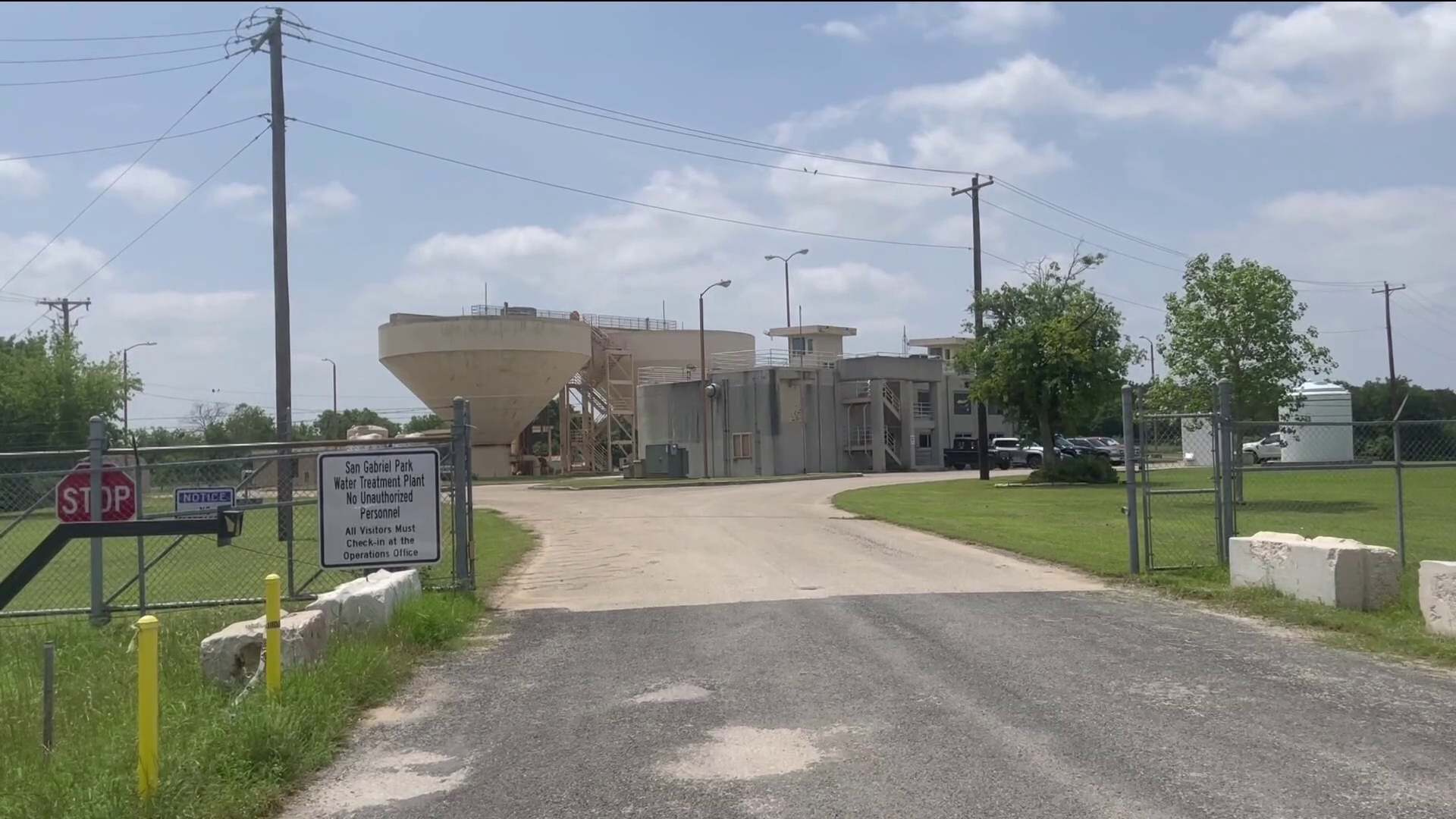GEORGETOWN, Texas — There will soon be changes to EPA standards aimed at reducing American exposure to PFAS, also known as "forever chemicals."
Facilities, including water treatment plants, are required to do testing by 2026. Some have already done it.
The San Gabriel Treatment Plant in Georgetown is one of the many Texas water treatment plants where drinking water comes from that did not meet the EPA requirements that will be enforced in 2029.
“The goal is to control PFAS substances," University of Texas at Austin professor Navid Saleh said. "These chemicals cause multiple diseases [and] can be toxic in the water ... The goal is reduce the cancer rate by half by 2047.
The Georgetown water district has identified two specific PFAS substances, called PFOA and PFOS.
Saleh said in 20 Olympic swimming pools, one droplet of chemicals would equal 1 part per trillion. Anything below 4 parts per trillion meets the requirements, but in Georgetown, testing showed 4.9 parts per trillion for PFOA and 5.7 parts per trillion for PFOS.
While these required levels are not enforced yet, they will be by 2029. Saleh encourages everyone to take precautions when it comes to water.
"In Georgetown, I would consider drinking my water after filtering it with an in-house filter, particularly in my household if there is a pregnant woman or have children," Saleh said.
That's something Joe Wierzbowski does with his filtration system under his sink.
“Things inside that will take out certain impurities in the water. Of course, we take some degree to have clean drinking water,” Wierzbowski said.
Georgetown issued a statement about its testing of PFAS, which read in part:
"The city of Georgetown is following the guidelines provided by the EPA. We will continue to test and work with TCEQ and design consultants to make any adjustments to our water system that are needed as new technology becomes available for the removal of PFAS chemicals in drinking water."

